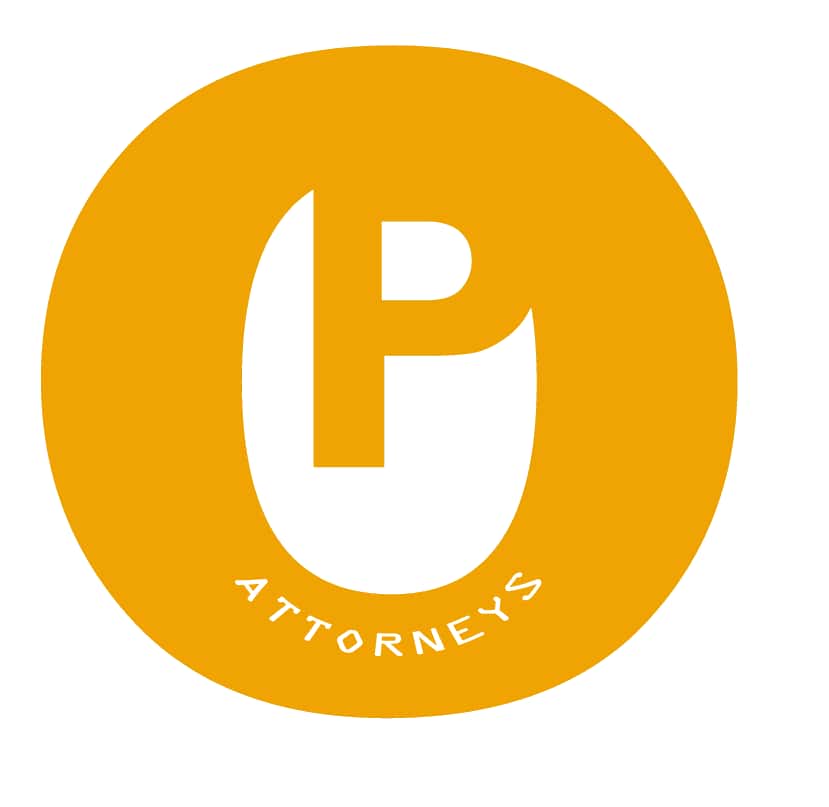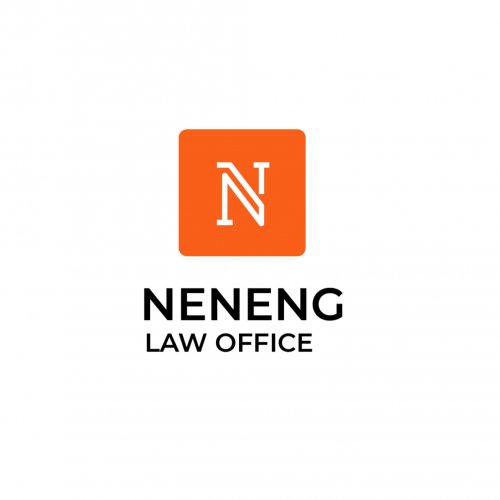Best Natural Resources Lawyers in Douala
Share your needs with us, get contacted by law firms.
Free. Takes 2 min.
List of the best lawyers in Douala, Cameroon
About Natural Resources Law in Douala, Cameroon
Douala, located in Cameroon, is a city rich in natural resources. It is the commercial hub of the country and an essential location for industries such as logging, mining, and agriculture. The region's natural resources include timber, oil, gas, minerals, and arable land, all of which play a vital role in the local economy. Natural resources law in Douala involves regulations and legal frameworks governing the use, management, and conservation of these resources to ensure sustainable development and economic growth.
Why You May Need a Lawyer
There are several situations where individuals or businesses may require legal assistance related to natural resources in Douala:
- Acquisition and Ownership Disputes: Conflicts may arise over the ownership and rights to use land or resources.
- Environmental Compliance: Companies must adhere to environmental laws and regulations, requiring guidance to ensure compliance.
- Licensing and Permits: Legal advice is often needed to obtain necessary licenses and permits for resource extraction or land use.
- Contract Negotiations: Engaging in agreements related to natural resource exploitation often requires legal expertise.
- Dispute Resolution: Natural resource activities can lead to disputes which may need legal intervention for resolution.
Local Laws Overview
Cameroon's legal landscape concerning natural resources is largely influenced by national laws, which apply in Douala. Key legal aspects include:
- Land Tenure Laws: Govern ownership, transfer, and use of land in Douala.
- Forestry Laws: Regulate the logging industry, ensuring sustainable forest management and conservation.
- Mining Code: Provides legal framework for the exploration and exploitation of mineral resources.
- Environmental Protection Laws: Aim to reduce environmental impact from resource extraction and include provisions for impact assessments.
- Petroleum Code: Governs the exploration, production, and transportation of oil and gas resources.
Frequently Asked Questions
What are the main natural resources found in Douala?
Douala is rich in timber, oil, gas, minerals, and has fertile land for agriculture.
Are there environmental regulations for resource extraction in Douala?
Yes, there are strict environmental laws in place to ensure sustainable practices in natural resource extraction.
How is land ownership determined in Douala?
Land ownership is determined through government-issued titles, customary rights, and land use plans.
What laws govern the mining industry in Douala?
The Mining Code oversees the exploration and exploitation of mineral resources in Douala.
Do I need a permit to engage in forestry activities?
Yes, proper permits are required under forestry laws to conduct logging activities.
How can I obtain a permit for oil exploration?
Oil exploration permits are issued by government bodies under the Petroleum Code after complying with necessary requirements and environmental assessments.
What steps are involved in resolving natural resource disputes?
Disputes can be resolved through negotiation, arbitration, or legal proceedings, often requiring the assistance of legal professionals.
Can foreign entities invest in natural resources in Douala?
Yes, foreign investment is allowed, but it requires adherence to national laws and regulations and usually involves partnerships with local entities.
Who enforces environmental protection laws in Douala?
The government through various ministries and agencies, such as the Ministry of Environment, Nature Protection, and Sustainable Development.
Why is sustainable natural resource management important?
Sustainable management ensures long-term economic benefits, environmental conservation, and social stability for current and future generations.
Additional Resources
For further assistance, individuals can contact the following organizations and government bodies:
- The Ministry of Mines, Industry and Technological Development
- The Ministry of Forestry and Wildlife
- The Ministry of Environment, Nature Protection, and Sustainable Development
- The Cameroon National Institute of Cartography
- Local legal firms specializing in environmental and natural resources law
Next Steps
If you need legal assistance related to natural resources in Douala, consider the following steps:
- Consult with a Legal Expert: Engage with a lawyer specializing in natural resources for guidance tailored to your situation.
- Understand Relevant Laws: Gain a comprehensive understanding of relevant local laws and regulations with legal help if necessary.
- Documentation: Keep all necessary documentation readily available to facilitate any legal proceedings or negotiations.
- Schedule a Legal Consultation: Set an appointment with a local law firm or legal professional to discuss your specific needs and concerns.
Being informed and proactive about legal matters in natural resources will ensure compliance with local regulations and safeguard your interests in Douala, Cameroon.
Lawzana helps you find the best lawyers and law firms in Douala through a curated and pre-screened list of qualified legal professionals. Our platform offers rankings and detailed profiles of attorneys and law firms, allowing you to compare based on practice areas, including Natural Resources, experience, and client feedback.
Each profile includes a description of the firm's areas of practice, client reviews, team members and partners, year of establishment, spoken languages, office locations, contact information, social media presence, and any published articles or resources. Most firms on our platform speak English and are experienced in both local and international legal matters.
Get a quote from top-rated law firms in Douala, Cameroon — quickly, securely, and without unnecessary hassle.
Disclaimer:
The information provided on this page is for general informational purposes only and does not constitute legal advice. While we strive to ensure the accuracy and relevance of the content, legal information may change over time, and interpretations of the law can vary. You should always consult with a qualified legal professional for advice specific to your situation.
We disclaim all liability for actions taken or not taken based on the content of this page. If you believe any information is incorrect or outdated, please contact us, and we will review and update it where appropriate.











